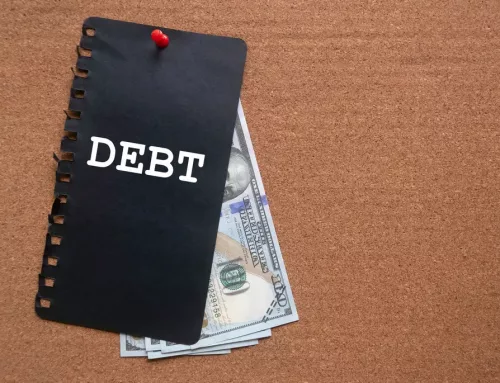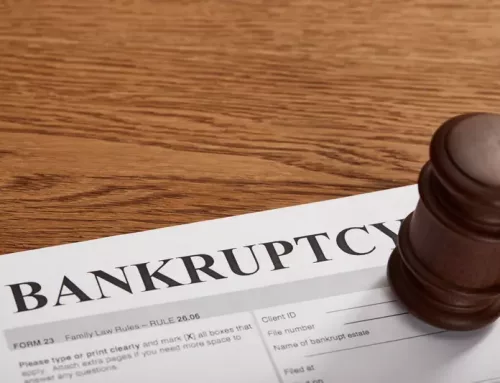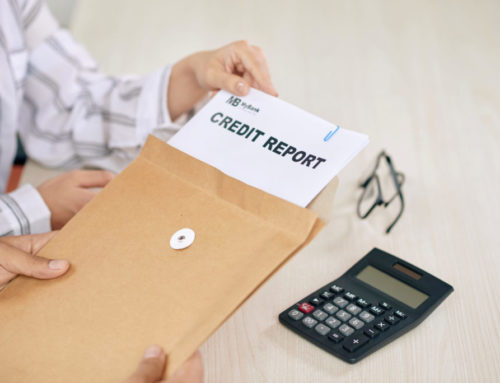Qualifying for a Chapter 13 Bankruptcy
Under a Chapter 13 bankruptcy, a debtor settles their loans from creditors in full or in part by using a three to five-year payment plan. If you currently have a steady source of monthly income but are having some difficulty settling your financial problems, this could be a viable option for you. If you are from Mississippi and would like to speak to professionals who can guide you in filing for bankruptcy, schedule your free consultation with a reliable bankruptcy attorney in Jackson.
Basics Qualifications for Filing Chapter 13 Bankruptcy
- You need to be at least 18 years old and above at the time of filing.
- You need to have real estate property in the state where you will be filing. Otherwise, for the majority of 180 days, you must have resided there.
- You must complete a credit counseling course from an approved agency within 180 days before filing. Make sure that the agency will provide you with a certification of completion as proof.
- As of April 1, 2019, a Chapter 13 bankruptcy filer can’t have more than $419,275 in liquidated, noncontingent unsecured debts, or $1,257,850 in liquidated, noncontingent secured debts.
- You must provide sufficient proof that you filed your federal and state income tax returns for the past four years.
- You need to show that you have enough income to cover your current monthly expenses and apply it towards your repayment plan.
Advantages of Filing Chapter 13 Bankruptcy
There are many ways you can use Chapter 13 bankruptcy to your benefit. Here are a few practical examples.
- You missed some of your car loan’s monthly amortization payments. However, you don’t want to end up losing your car.
- You missed some of your house’s monthly mortgage payments and would like to stop a foreclosure.
- You want to pay off some of your back taxes.
- You want to stop interest from accruing on your tax debt. You can apply this to federal, local, or Mississippi state taxes.
If you can abide by your debt repayment agreement terms, you can pay off part of your debt substantially. You can even be completely debt-free and get a fresh start by the end of the three to five-year payment plan.
However, you need to take a step back and figure out how you can reorganize your debts so that you can gradually eliminate them. You can achieve this by paying back creditors what you owe in good faith while still keeping your properties. This is precisely where a good Mississippi bankruptcy lawyer can step in and make bankruptcy proceedings as hassle-free as possible and get you out of debt in no time. Don’t wait until it is too late, contact us by calling 601-202-3942 today so we can help you.
Disadvantages of Filing Chapter 13 Bankruptcy
- Not all debts can be paid back using Chapter 13 bankruptcy. This includes student loans, child support payments, criminal fines, and penalties.
- The case stays on your credit report for at least seven years.
- There is a limit on the total amount of debt you can discharge. Nevertheless, the limit is relatively high and can sufficiently cater to the needs of qualified individuals and couples.
- The court needs to approve all the legal fees incurred while filing this case. This means that even if you previously consented to pay specific amounts to your legal representation, such as attorney fees, the judge can compel them to return the excess.
Possible Sources of Income for Filing Chapter 13 Bankruptcy
Chapter 13 bankruptcy is also known as a “wage earner” bankruptcy. Don’t be fooled by this namesake though, because this doesn’t mean that you have to be employed. It does mean that it only caters to individuals and couples, not companies.
Businesses who would like similar options can file for a Chapter 11 bankruptcy, instead. However, the law does provide that a sole proprietor can be considered an individual filer for Chapter 13 bankruptcy so long as you omit the business name during the application. Furthermore, if you own a business but are not a sole proprietor, you can file for Chapter 13 bankruptcy, but your company will still be legally liable for the debt settlement.
The following are a few of the possible sources of income that you can use to fund your repayment plan:
- Pension
- Spousal support/Alimony
- Child support
- Social Security
- Unemployment or disability payments
- Proceeds from the sale or rental of properties
- Royalties from intellectual properties
- Profits from owned businesses
- Public assistance
- Contributions from friends and relatives
What are the Necessary Documents for Filing Chapter 13?
As with any legal filing, the court expects you to produce a number of supporting documents to accompany your Chapter 13 bankruptcy application.
- A contribution affidavit
- Proof of income
- Copies of your federal and state tax returns for the previous four years
- Bank statements
- Mortgage statement
- Copy of your car loan
- Valuation of your home
- Proof of homeowners and car insurance
- Life insurance policies
- Retirement accounts
The above list is non-exhaustive, and the court may ask you to provide more documentation, depending on your circumstances. Increase your chances of a successful application by hiring a competent bankruptcy lawyer.
The Rollins Law Firm has a team of experienced bankruptcy attorneys who can assist you throughout the entire filing process. Call our Mississippi bankruptcy law firm today to schedule an appointment today.









Connect with Us